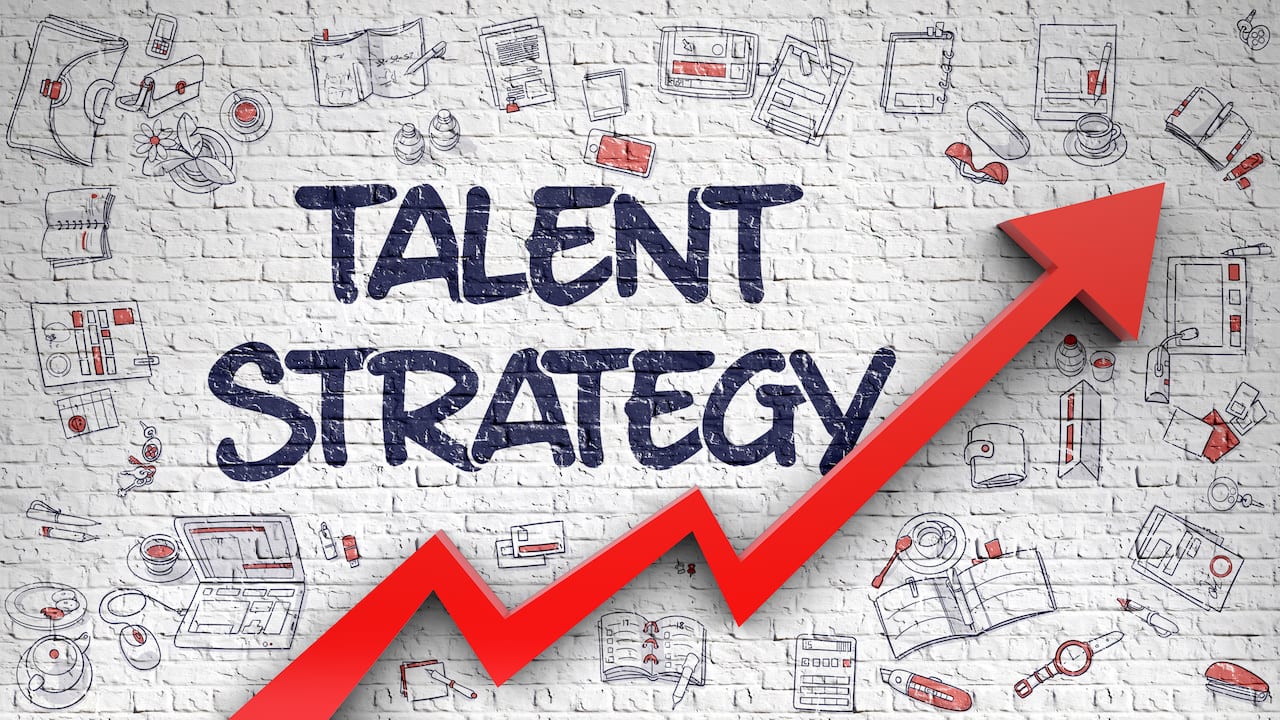In our executive coaching and consulting work at The ExCo Group, and in our many interview series with CHROs, CEOs, board directors, prominent Black leaders, and heads of talent and learning, we often hear insights or simple approaches that stick long after the discussion ends.
Here are three passages around the theme of talent — specifically around assessing, promoting and developing leaders — that jumped out from some of our conversations.
What do companies need from their leaders?
When companies are assessing candidates for a new role, they often give tremendous weight to experience. And no wonder — a proven track record of accomplishment is often a good indicator of future potential. Mark Templeton, the former CEO of Citrix Systems and DigitalOcean, shared a memorable image of what companies need from their leaders in one of our conversations:
“I often think of it in terms of the emblem of the god Janus, which on one side shows a young face and on the other side is the older guy with the beard. When I show the Janus emblem in talks, I always put the young face looking forward, to the right, and the old one looking backward, to the left.
The reason I do that is because the future is about imagination, understanding what’s around corners, having almost a childlike optimism to take on the impossible. The other face is about execution, operations, and accomplishment. Headhunters often focus on experience and what someone has accomplished, but not enough thought goes into the characteristics that we need to map into the future. I think the Janus model balances those two and encourages conversations to evaluate the candidate around where we want to go. That applies to any leadership role.”
Here’s how we triangulate past experience, current business context, and future ambition for executive assessments.
Do they want that promotion?
We often talk about the art of the “good dumb question” — that seemingly simple question that gets to the heart of an issue and frames an old problem in a new way.
One came up in our interview with Shawna Erdmann, the SVP of learning at Comcast, when asked her about managing a leadership pipeline, and how companies assess and promote talent. Her framing was razor sharp, and she pointed out a crucial question – Do you really want that job? – that is often left out of the process:
“One aspect that we overlook sometimes is individual ambition and what a person really wants to do. Often the leaders of a company, including boards and HR, will pick and choose among upcoming executives for promotions, but no one ever has a conversation with that individual to ask them, ‘What do you want to do? What are your ambitions? What do you see as your goals or your next steps?’
So often we miss that critical piece and then we wonder why, when we elevate someone, they might not do as well as we expected. But nobody ever asked them, ‘Do you really want that job?’ Maybe they were just super happy making a difference at their particular level, and they didn’t have the ambition to do the next thing. We need to get better at having those conversations.”
“Is everyone getting 15 percent better?”
Finally, when it comes to qualities that drive transformation and growth, self-motivation is foundational.
And so we were struck by this insight from Ron Williams, the former CEO of Aetna, who made explicit his expectation that everybody should be trying to become 15 percent better at their jobs each year. The specificity of that number is intriguing, too – 10 percent seems too little, and 20 percent may be too much of a stretch.
It’s a clear and smart way to set expectations that the status quo is not good enough. Bonus points for his clever phrase too, about assessing people on their “forward radar.” He shared insights about the advice he gives to CEOs that he is mentoring today, particularly around driving transformation, and the need for all senior leaders to be growing and evolving their skills:
“Is everyone on your team scaling at the pace they need to scale? Is everyone getting 15 percent better? People can start thinking, ‘If I just keep doing what I’m doing, that’s okay.’ But the world has become dramatically more challenging. Your business is bigger. It’s more complex technologically. You’ve got to master those. You are never done.
What you see is that some people aren’t evolving with the complexity of the business, and what I’ll call their ‘forward radar’ is diminished and keeps getting diminished. They have less of a strategic view of the direction of their function.”
You might consider leadership coaching to help accelerate performance against your organization’s strategy today, and prepare them to deliver on tomorrow’s.
This article was contributed by The ExCo Group, an executive coaching and leadership development firm comprised of experienced former CEOs, independent directors, and global business leaders.







